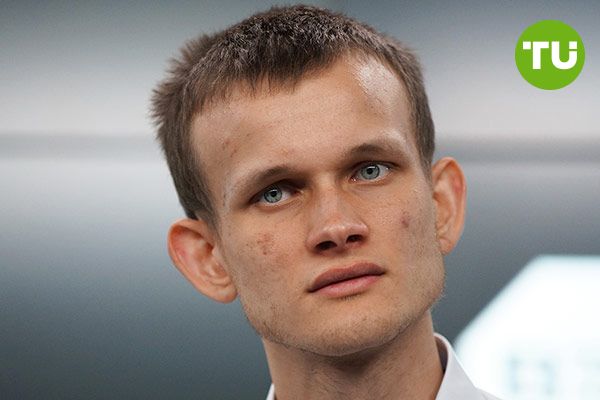Vitalik Buterin outlines Helios as pivotal in Ethereum’s path to multi-chain scaling
 Vitalik Buterin outlines Helios as pivotal in Ethereum’s path to multi-chain scaling
Vitalik Buterin outlines Helios as pivotal in Ethereum’s path to multi-chain scaling
Vitalik Buterin, the co-founder of Ethereum, recently highlighted the essential role of Helios in Ethereum’s evolving roadmap toward multi-chain scaling.
As Ethereum seeks to transition into a multi-chain ecosystem, Helios emerges as a significant tool to bridge the gap, offering a secure, user-friendly, and highly scalable solution for cross-chain interactions and transactions. This development could potentially reshape Ethereum's infrastructure by enabling seamless interoperability with other blockchains, a cornerstone for Ethereum's scalability ambitions as outlined by Buterin, reports CoinGape.
In a recent announcement, Buterin discussed Helios’s capability to verify data from Ethereum and other chains without needing a full node, enhancing both user experience and security. Helios functions as a "light client" for Ethereum, allowing users to access Ethereum’s blockchain and other connected chains without requiring the computational and storage demands of running a full node. This is crucial as Ethereum scales to support an increasing number of users and transactions while maintaining the decentralization and security that are fundamental to blockchain technology.
According to Buterin, Helios will be instrumental in simplifying the process for users to interact with multiple chains, thereby opening Ethereum to broader adoption within the decentralized finance (DeFi) and Web3 sectors. Cross-chain functionality has been a major goal within the blockchain community, but achieving it securely and efficiently has remained a challenge. With Helios, Ethereum takes a step closer to a future where decentralized applications can operate seamlessly across multiple blockchains, enabling a more fluid and integrated blockchain ecosystem.
While Helios is not without its challenges, including concerns around data privacy and the technical complexities of managing multiple chains, Ethereum's development community is optimistic about its potential. If successful, Helios could make Ethereum a more versatile platform and could attract developers and projects focused on interoperable applications.
Looking forward, Buterin and the Ethereum Foundation will continue refining Helios and other multi-chain tools, with an eye on fostering scalability while maintaining the platform’s security. The next phase of Ethereum’s development will depend on successful scaling, and Helios is now positioned as a key player in that journey, potentially setting new standards for multi-chain networks and decentralized applications.
Recall, earlier Vitalik Buterin, co-founder of Ethereum, criticized MicroStrategy chairman Michael Saylor’s approach to bitcoin storage, labeling it as impractical and counterproductive.













































































































































